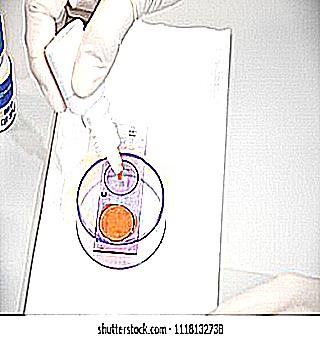Home >
Erectile Dysfunction >
How to improve spermogram without going to the doctor
How to improve spermogram without going to the doctor?

21 Feb How to improve spermogram without going to the doctor?
Recently, the violation of the reproductive function of men in infertile marriages has acquired particular significance. This is due to the fact that the incidence of fertility decline in men is increasing worldwide. More often than not, this is inexplicable. Changes characteristic of the so-called idiopathic pathospermia are exhibited on the basis of spermogram data
The positive effects of certain substances on spermatogenesis have been carefully studied in evidence-based work by a number of researchers. These substances can be used both individually and in combination as drugs aimed at improving the quality of sperm in infertile men. The use of these substances with food significantly increases the possibility of improving the quality of sperm in infertile men. What substances have a positive effect on spermatogenesis?
Let's list some of the most important and well-studied:
Arginine is actively involved in the activity of the genital organs and at the same time stimulates the synthesis of testosterone in men. Improves erectile function in men.
Carnitine plays an important role in sperm maturation.
Coenzyme Q 10 Administration of coenzyme Q 10 leads to an increase in the number of motile spermatozoa.
Selenium (activated methylated form) has a pronounced antioxidant effect.
Zinc zinc is necessary for the normal functioning of the male reproductive system, and its deficiency leads to a decrease in testosterone levels and, accordingly, to pathospermia. Zinc is predominantly synthesized in the prostate gland, is found in a significant amount in maturing spermatozoa, its amount correlates with the level of oxygen consumption and the stability of nuclear chromatin.
Vitamins A and E (tocopherols) are one of the well-known antioxidants. Vitamin E is predominantly found in cell membranes and prevents cell damage by neutralizing hydrogen peroxide and other reactive oxygen species. Vitamin E supplementation reduces the severity of oxidative stress in testicular tissue and increases sperm motility. Vitamin A is also an important element of the antioxidant system, protecting cell membranes from oxidation. The relationship between vitamin A intake and an increase in sperm concentration and motility has been noted.
Vitamin C (ascorbic acid) has powerful antioxidant properties. Vitamin C is important for the growth and repair of cells and tissues, promotes the absorption of iron by the body, and speeds up recovery.



























